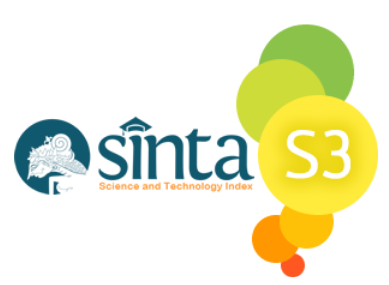DEVELOPMENT PLAN FOR THE DEVELOPMENT OF “TENUN IKAT” IN BELU DISTRICT
Abstract
Social theory is very influential in customary planning theory because it is more interpretive such as postmodern planning theory, collaborative planning theory, and neo-pragmatism. The cultural paradigm as a driving force for development began to develop through the World Commission on Culture and Development (WCCD). WCCD argues that the cultural dimension is essential to the human-centered development paradigm. Ikat weaving as a cultural product of Belu Regency needs to be preserved and revitalized in three steps, namely: (1) understanding to raise awareness, (2) collective planning, and (2) generating cultural creativity from a planning perspective, the development of Ikat cultural products is carried out by local governments by making program alternatives that can support organizational strategy. These programs are selected, then the program is selected according to the priority scale of the resources they have and determines the required budget concerning the resources they have. Based on the description of the planning and the results of measuring the value for money, 1. Strategic planning for developing Ikat woven cultural products in Belu Regency has under planning principles. 2. Measurement of value for money shows that planning for developing woven cultural products in Belu Regency has been carried out economically but has to yet efficiently and effectively. Be seen in achieving efficient and compelling figures of less than 100%.
Full Text:
PDFRefbacks
- There are currently no refbacks.
Copyright (c) 2024 Erudio Journal of Educational Innovation

This work is licensed under a Creative Commons Attribution 4.0 International License.












